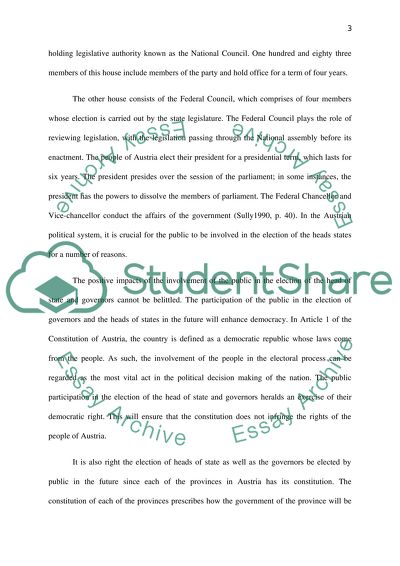Cite this document
(“Is It Right the Election of Governors/Heads of States (in Austria Essay”, n.d.)
Is It Right the Election of Governors/Heads of States (in Austria Essay. Retrieved from https://studentshare.org/history/1453733-do-you-think-it-is-right-the-election-of-governors
Is It Right the Election of Governors/Heads of States (in Austria Essay. Retrieved from https://studentshare.org/history/1453733-do-you-think-it-is-right-the-election-of-governors
(Is It Right the Election of Governors/Heads of States (in Austria Essay)
Is It Right the Election of Governors/Heads of States (in Austria Essay. https://studentshare.org/history/1453733-do-you-think-it-is-right-the-election-of-governors.
Is It Right the Election of Governors/Heads of States (in Austria Essay. https://studentshare.org/history/1453733-do-you-think-it-is-right-the-election-of-governors.
“Is It Right the Election of Governors/Heads of States (in Austria Essay”, n.d. https://studentshare.org/history/1453733-do-you-think-it-is-right-the-election-of-governors.


